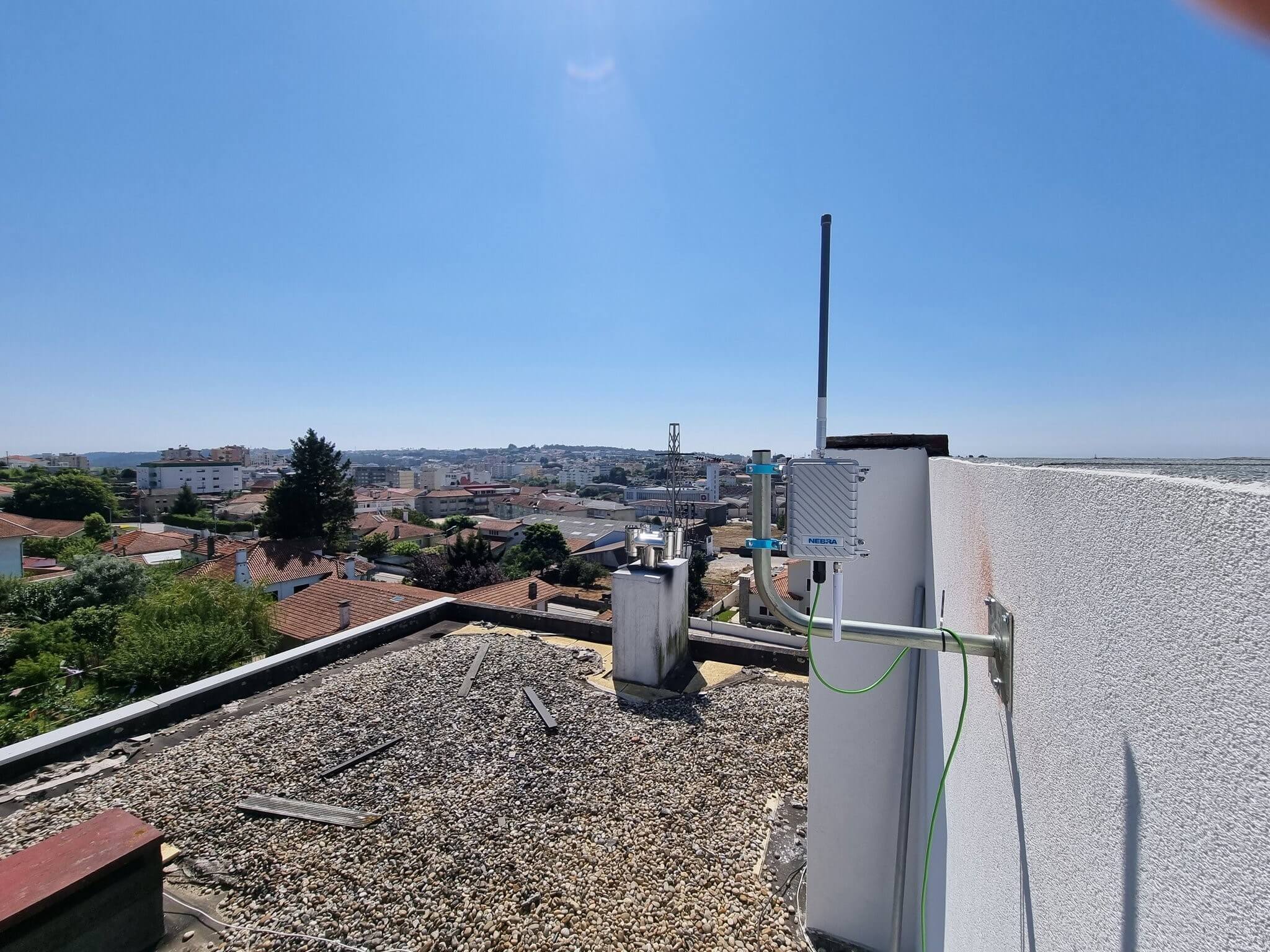

Helium – a decentralised global network of everyday people setting up LoRaWAN internet hotspots to mine crypto rewards – has partnered with Senet to deliver 55 million new customers to the blockchain-powered P2P internet service.
In a tandem move, Helium’s community governance organisation – The Decentralised Wireless Foundation – has joined an international alliance of LoRaWAN internet providers working together to deliver mass adoption.
Helium internet node operators now collectively mine more than $550m in the native HNT token annually.
In its next move, aiming at aggressively expanding coverage and capturing more traffic, Helium – known as the People’s Network – will integrate with a new partner.
Senet specialises in facilitating global connectivity and on-demand network build-outs for the Internet of Things (IoT).
The powerful integration partnership will see an expansion of the LoRaWAN network to billions of devices, which is a low power wide area network (LPWAN) used by IoT devices such as commercial smoke detectors or controlled access doors.
With Senet handling more than 1B data transactions and providing access for over 55m customers, the adoption of HNT nodes is going to be seismic for driving Helium’s growth.
It will enable serious profits for HNT‘s community of decentralised providers/miners to reap rewards through increased traffic and more proof of coverage challenges.
Ultimately, this will allow asset tracking, logistics and supply chain monitoring, environmental monitoring, and smart city services.
Speaking to Coin Rivet, Amir Haleem – Helium’s CEO and co-founder – explained the significance of the integration for the future of LoRaWAN and IoT services.
“Senet’s dominant position in the commercial LoRaWAN network market and experience with scaled IoT solution deployments are examples of the success we look for as we partner to deliver value to the Helium ecosystem,” he said.
“This is an exciting announcement for the industry.
“The roaming integration with Senet is made possible by the Helium blockchain and brings together two of the fastest- growing LoRaWAN networks in the United States, delivering a significant opportunity for our Hotspot owners to benefit from the rapidly growing IoT services economy.”
In a parallel expansion of network activity and influence, the Decentralised Wireless Foundation (DeWi) has joined the LoRa alliance.
DeWi as a non-profit acts as the community steward for the decentralised Helium blockchain.
This means it’s responsible for project governance, which is run since inception through established governance protocols involving monthly community calls of network stakeholders, and a public repository for network upgrades known as Helium Improvement Proposals (HIPs).
Plans include a new committee focusing on steering the Helium Network’s LoRaWAN infrastructure towards maximised value for the wider LoRaWAN community.
The next era of smart devices demand a wireless network unencumbered by the proximity constraints of WiFi and Bluetooth or unfavourable economics of cellular for low data devices.
It is likely the LoRa alliance will form the basis for the alternative.
If you want to find out more information about Bitcoin or cryptocurrencies in general, then use the search box at the top of this page. Here’s an article to get you started.
As with any investment, it pays to do some homework before you part with your money. The prices of cryptocurrencies are volatile and go up and down quickly. This page is not recommending a particular currency or whether you should invest or not.
Denver, Colorado, 24th February 2025, Chainwire
Denver, Colorado, 20th February 2025, Chainwire
Washington, D.C., 18th February 2025, Chainwire
Dubai, UAE, 27th January 2025, Chainwire
Those who enter the market at this time may be surprised to hear that Bitcoin…
George Town, Grand Cayman, 22nd November 2024, Chainwire